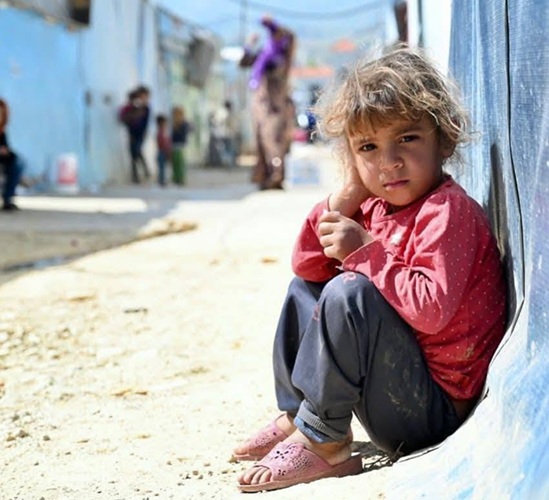The Madhya Pradesh government has announced that madrasas and schools affiliated with the Madarsa board that receive state funding cannot compel children to participate in religious education. This directive was issued through a notification from the state’s Education Department, highlighting that children enrolled in these institutions may only engage in religious studies or activities with the explicit consent of their parents.
In addition, the state government has decided to conduct a survey of non-Muslim children enrolled in schools under the Madarsa board. This decision follows recommendations from the National Commission for Protection of Child Rights (NCPCR), which raised concerns about the enrollment of non-Muslim children in madrasas.
The NCPCR had earlier claimed that some madrasas were enrolling non-Muslim children to boost student numbers and secure more government grants. According to the NCPCR, these children were reportedly being forced to participate in religious studies and activities, a claim that has sparked significant controversy in the state.
NCPCR Chairman Priyank Kanoongo emphasized that if non-Muslim children are found enrolled in madrasas, the institutions risk losing their government grants and facing cancellation of their registration.
The issue has gained attention due to multiple instances in recent months where non-Muslim children were found to be enrolled in madrasas, leading to public outcry in Madhya Pradesh. According to an NCPCR report from June, over 9,000 Hindu children were identified as being enrolled in Islamic seminaries in the state, prompting the Commission to urge the state government, led by Mohan Yadav, to conduct a thorough survey.






0 Comments